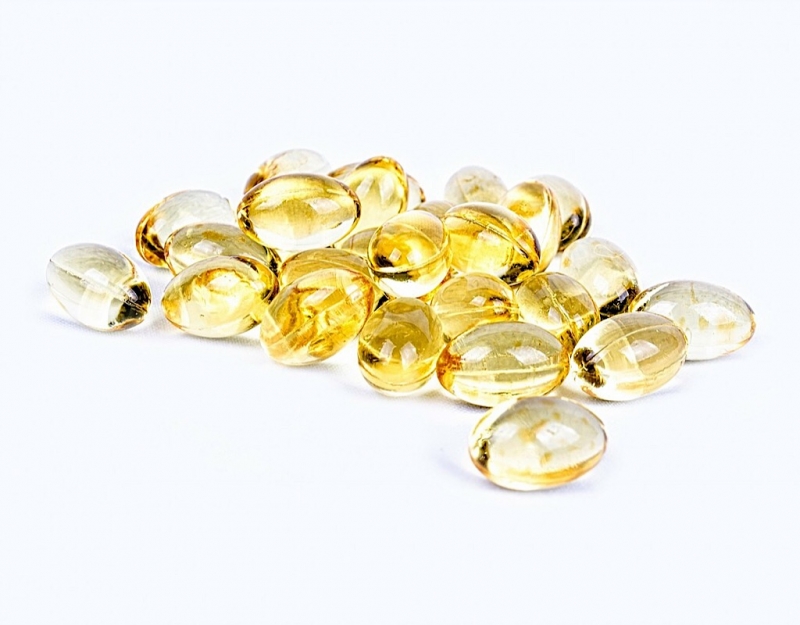What is folic acid?
Folic acid, also known as folate, is a water-soluble B-group vitamin. Like all water-soluble vitamins, folic acid is not stored in the body and must be replenished each day.
Folic acid is vital for the formation of red blood cells, DNA synthesis and for protein metabolism, and for the prevention of neural tube defects in the developing foetus during early pregnancy.
Neural tube defects
The neural tube in a developing foetus eventually becomes the baby’s spinal cord, brain and the bones that surround them. Neural tube defects occur very early in pregnancy – often before you even know you’re pregnant – and the defect describes anything that causes problems in neural tube development.
Neural tube defects can produce a range of disabilities, the most common being a loss of bladder and bowel control, although the more serious conditions, spina bifida and anencephaly, are also neural tube defects.
Spina bifida affects the formation of the lower spine and often results in partial paralysis, while anencephaly occurs when the brain doesn’t form properly.
Folic acid taken before conception and during the first few weeks of pregnancy can prevent seven out of ten cases of neural tube defects.
Recent research has shown that 7 out of 10 cases of neural tube defects can be prevented by increasing your intake of folate, or folic acid ,for a least one month before and continuing for the first three months of pregnancy.
How much folic acid do I need?
Although folate is found in many foods – dark leafy green vegetables and whole grains being excellent sources – it is difficult to accurately measure the amount of folic acid you are receiving each day as the vitamin is affected by the way in which foods are cooked and stored.
Women of child-bearing age need 0.4 – 0.5 mg of folate daily, and taking a folate supplement is the easiest way to ensure you receive the correct amount each day. Even women who aren’t planning to fall pregnant should take a folic acid supplement as many pregnancies are unplanned.
As the foetus’s neural tube forms and closes in the first four to six weeks of pregnancy, it’s important that folate is taken at least a month before you plan to fall pregnant and that it is then continued for the first weeks of pregnancy.
Folate rich foods
Folic acid is found in most plant foods but is particularly plentiful in green leafy vegetables (such as green beans, green peas, spinach and cabbage). It is also found in wholegrain breads, cereals (many commercially made breakfast cereals are fortified with folate) and legumes.
Liver is also a rich source of folate but as it also has high levels of vitamin A, it isn’t recommended for pregnant women.
Because folic acid is destroyed with cooking and prolonged storage, it’s best to eat fruit and vegetables fresh and raw, and only lightly steam those that need cooking.
Find more:
Browse the recipe finder for healthy meal ideas during pregnancy.
Note:
1000 micrograms = 1 milligram
To satisfy the daily folate requirements of 0.4 – 0.5mg, you need to consume between 400 and 500 micrograms of folate a day.
| Excellent folate sources 100 – 400 micrograms per serve |
|
| Very good folate sources 50 – 100 micrograms per serve |
|
| Good folate sources 25 – 50 micrograms per serve |
|







Leave A Comment
You must be logged in to post a comment.